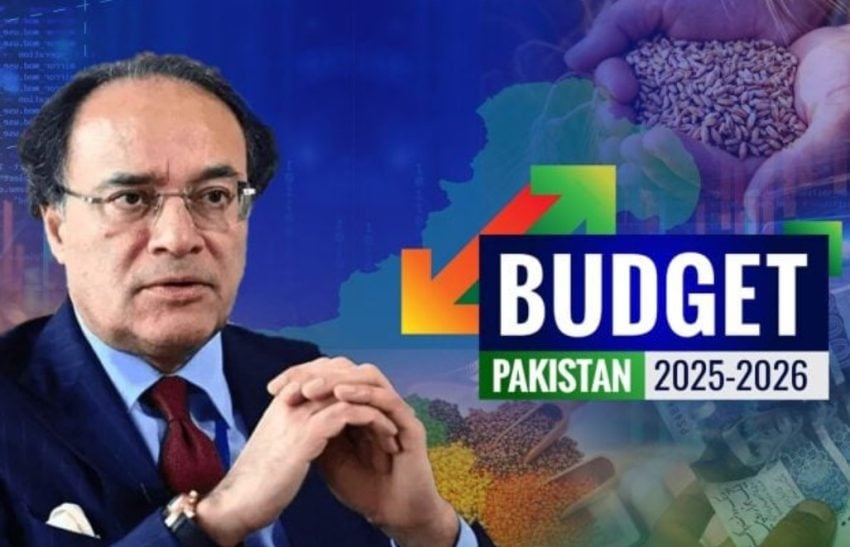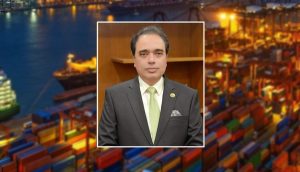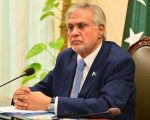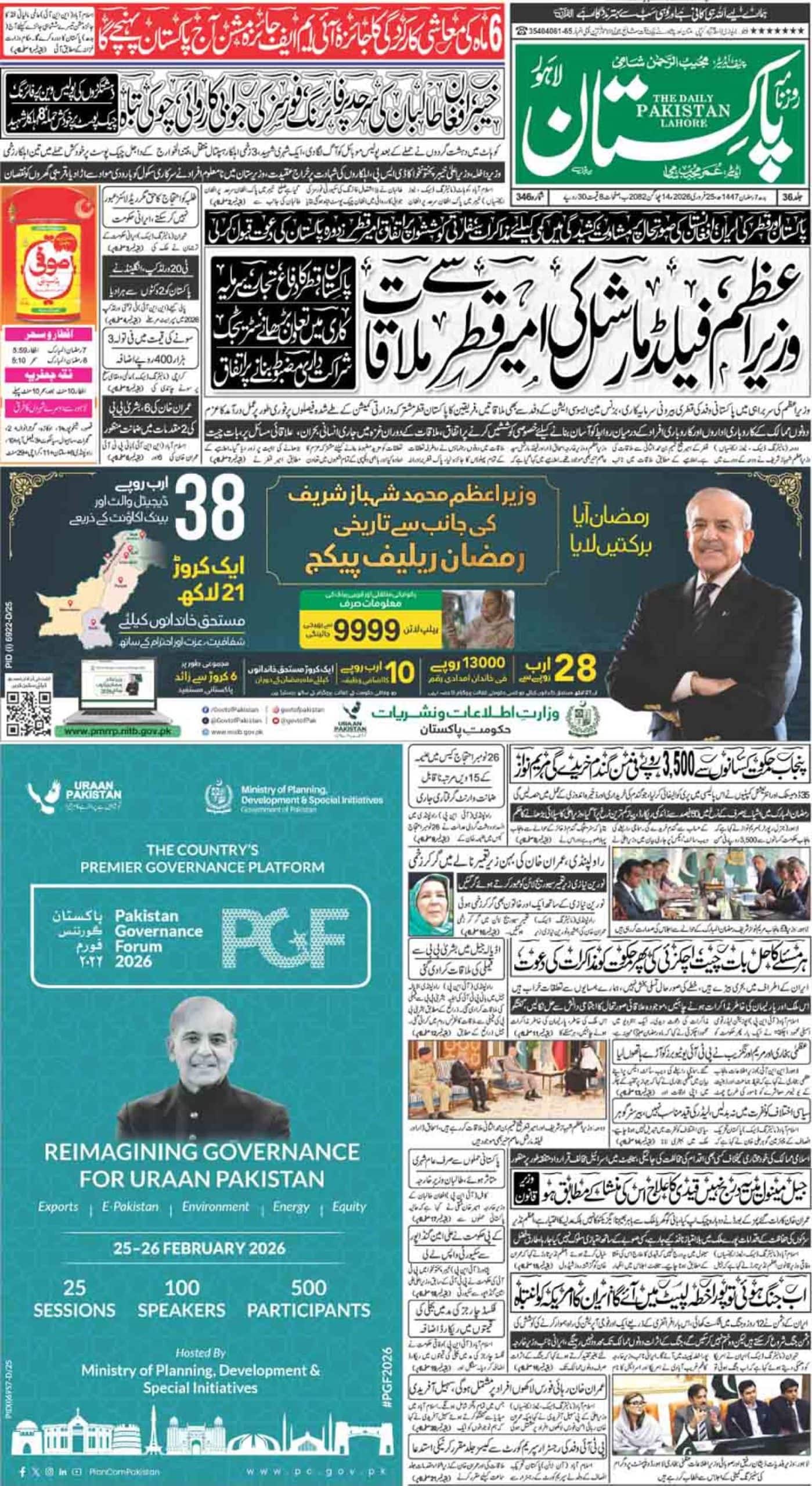ISLAMABAD – Finance Minister Senator Muhammad Aurangzeb highlighted government’s commitment to structural economic reforms, with strong focus on overhauling tariff policies to boost Pakistan’s export potential.
Speaking at post-budget presser after brief disruption by protesting journalists, Aurangzeb addressed concerns that recent tariff adjustments may result in revenue losses. He argued that the reforms are a strategic investment in the country’s long-term economic sustainability.
Aurangzeb was of view that the country is heading toward an export-led growth model, and that requires some short-term trade-off, referring to the reduced customs duties announced in the Federal Budget 2025–26.
He revealed that additional customs duties have been entirely eliminated on four categories, and reduced on 2,700 tariff lines that are directly linked to raw materials used by exporters. These adjustments fall under the broader National Tariff Policy aimed at enhancing the global competitiveness of Pakistan’s industries.
This is not just fiscal decision but signal that we are aligning our trade policy with our development goals, he said. FinMin also noted the government’s efforts to support businesses within the existing fiscal constraints. Among the relief measures, he cited a 0.5% reduction in the super tax for corporate entities as a step toward easing the tax burden on productive sectors.
In terms of real estate, he explained that while capital gains tax remains applicable on the selling side, the government has introduced targeted relief for buyers to stimulate market activity. He also emphasized the importance of expanding mortgage financing, calling it a vital pillar for economic stability alongside taxation reforms.














